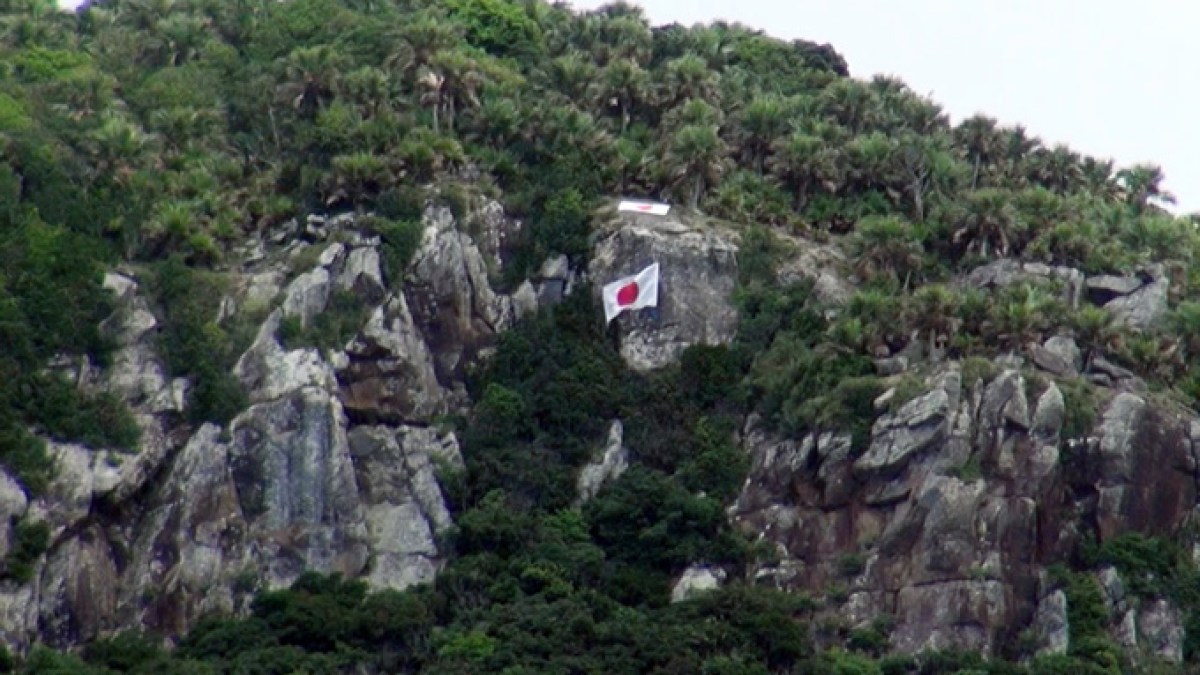Japan calls on China to remove buoy near disputed islands | Politics News
Japan and China have been in a long-running dispute over the Senkaku islands that Beijing calls the Diaoyu.
Japan has told Beijing to remove a buoy that it found floating in the sea near the disputed Senkaku islands, known in China as the Diaoyu islands.
Tokyo says the buoy was found within its exclusive economic zone (EEZ).
The uninhabited chain of islands and rocks, which lie about 190 nautical miles southwest of Okinawa, have been controlled by Japan since 1895, but are also claimed by self-ruled Taiwan.
Under the United Nations Convention on the Law of the Sea, an EEZ can extend as far as 200 nautical miles.
“We have been lodging protests in both Tokyo and Beijing since Japan’s coast guard in July found a buoy,” in the East China Sea, a foreign ministry official told the AFP news agency.
“We have demanded the immediate removal of the buoy as it is against international laws” to build a structure in Japan’s EEZ without its consent, the official said, on condition of anonymity.
China placed a buoy in the same area of Japan’s EEZ in 2018, the official said.
Japan’s Ministry of Defence, meanwhile, has accused China of “relentless” intrusions around the islands, saying that between April and August 2020, it had detected Chinese coast guard vessels around the Senkaku islands for 111 consecutive days, totalling 333 days over the entire year.
China has also increasingly used its coast guard in the disputed South China Sea, where the Philippines has accused Beijing of engaging in dangerous manoeuvres.
Adding to long-running historical animosity between Japan and China is the release of treated radioactive water from the damaged Fukushima nuclear plant into the Pacific Ocean.
Beijing has been the most vocal opponent of the move, which finally got under way last month, and has responded with a blanket ban on all seafood imports from Japan.
The issue has fuelled rising anger with Tokyo stepping up security and urging its citizens to keep a low profile after reporting that a brick was thrown at its embassy in Beijing.
After businesses and government offices in Japan, including the Fukushima city hall and schools in the area, were subjected to thousands of nuisance calls from the China country code +86, Tokyo also summoned the Chinese ambassador to ask that Chinese people act calmly and responsibly.
The dispute over the Senkaku islands was mostly low-level until the 1970s when surveys suggested the waters may harbour large oil and gas deposits.




